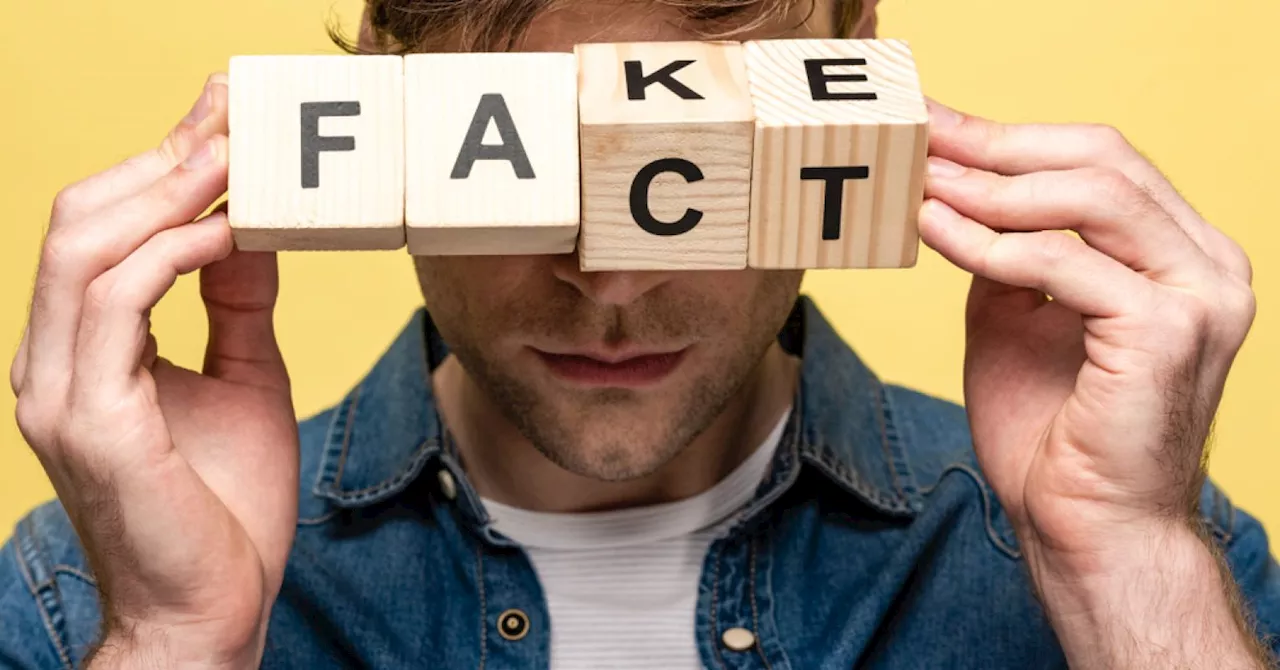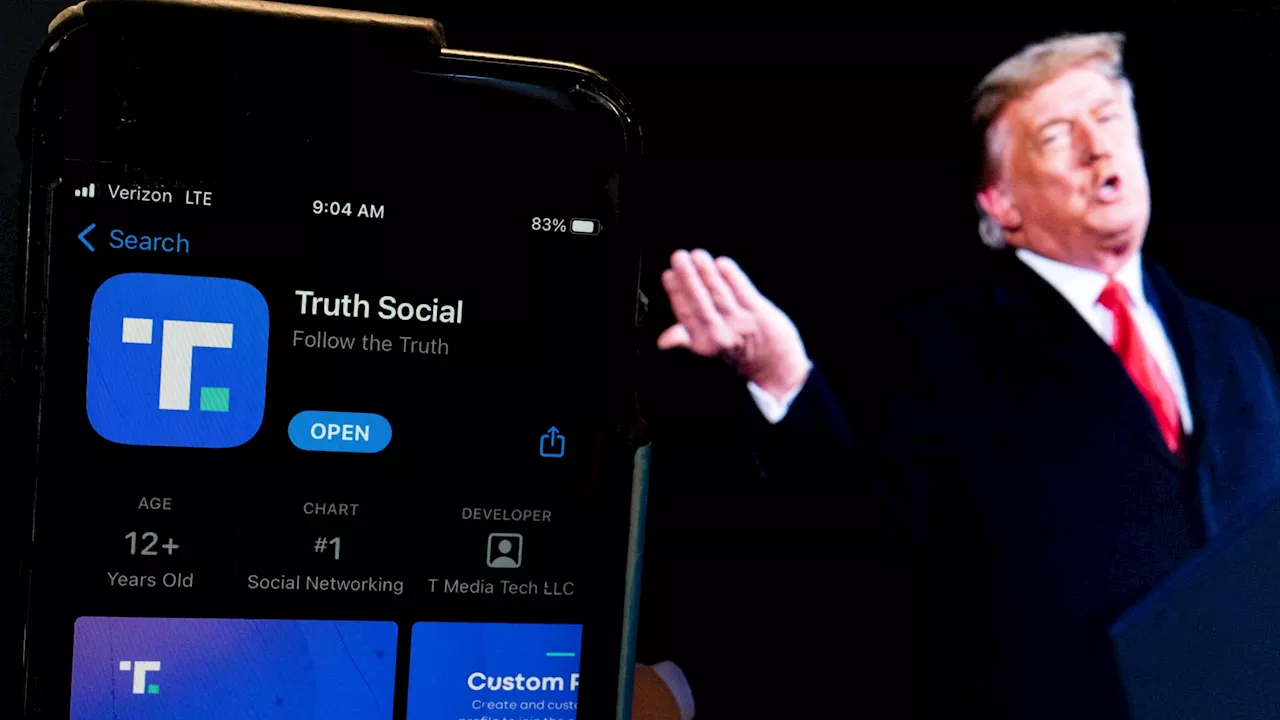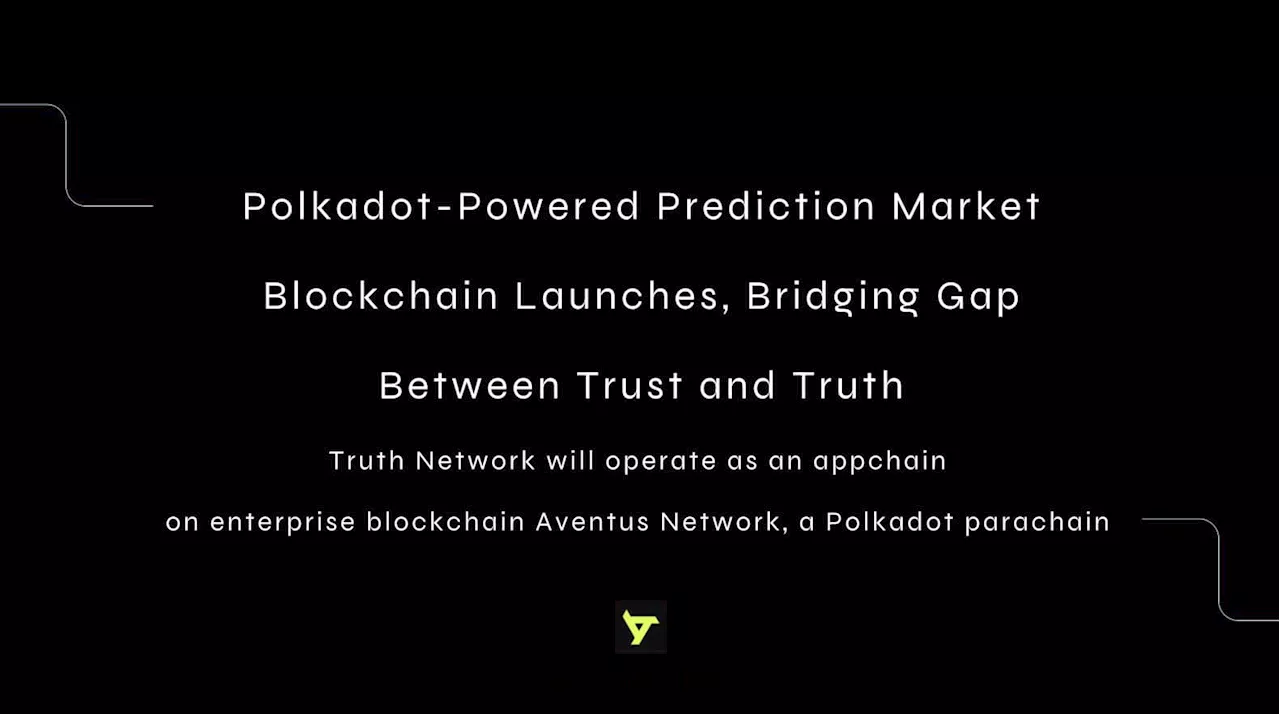Meta's decision to end its fact-checking program amidst the devastating wildfires in Los Angeles highlights the urgent need to combat the proliferation of misinformation. Without effective fact-checking, individuals face an increasingly difficult task in discerning truth from falsehood, leading to societal fragmentation and a diminished ability to respond effectively to crises. This article emphasizes the importance of adopting journalistic standards of quality when evaluating information and urges individuals to actively engage in critical thinking to navigate the complexities of the digital information landscape.
As devastating wildfires raged through the Los Angeles area, Meta , the world's largest social media company, announced the termination of its fact-checking program. This decision coincided with a surge in misinformation and partisan outrage surrounding the fires. Credible information, crucial for public safety, was overshadowed by false claims circulating on social media platforms like Facebook, Threads, and Instagram.
These baseless assertions, often fueled by AI-generated content, portrayed the fires as the work of eco-terrorists or blamed diversity initiatives. Shocking images, including one depicting the Hollywood sign engulfed in flames, further contributed to the spread of disinformation.This troubling scenario foreshadows a pattern likely to repeat itself during future natural disasters or breaking news events. Without even modest fact-checking efforts in place on these widely used platforms, discerning truth from falsehood will become even more challenging. Individuals are likely to retreat further into their existing filter bubbles, reinforcing pre-existing biases and further fragmenting societal discourse.The consequences of this dysfunctional virtual reality extend far beyond the digital realm, impacting our real lives. During critical events, officials are forced to dedicate valuable time and resources to debunking rumors. To effectively navigate this landscape of misinformation, we must adopt a more critical and discerning approach to the information we consume. Drawing inspiration from the standards upheld by reputable journalists, we can evaluate the credibility of sources and identify potential biases. These standards include relying on multiple credible sources, avoiding personal bias, providing evidence to support claims, ensuring fairness and balance in coverage, verifying facts before sharing them, considering relevant context, and striving for objectivity. By applying these principles, we can empower ourselves to discern truth from falsehood and contribute to a more informed and resilient society
News Social Media Misinformation Meta Fact-Checking Disinformation Social Media Wildfires Journalism News Literacy Bias AI-Generated Content Truth
United States Latest News, United States Headlines
Similar News:You can also read news stories similar to this one that we have collected from other news sources.
 Trump Propaganda and the Erosion of TruthThe article examines how President Trump's dissemination of misinformation regarding water releases in California highlights the dangers of unchecked propaganda and the decline of trust in factual reporting. It discusses the role of social media platforms, amplified by billionaires with pro-Trump leanings, in spreading distorted narratives and the alarming consequences for American democracy.
Trump Propaganda and the Erosion of TruthThe article examines how President Trump's dissemination of misinformation regarding water releases in California highlights the dangers of unchecked propaganda and the decline of trust in factual reporting. It discusses the role of social media platforms, amplified by billionaires with pro-Trump leanings, in spreading distorted narratives and the alarming consequences for American democracy.
Read more »
 Meta Ends Fact-Checking Program, Emboldening Online Lies and Undermining Trust in TruthMeta's decision to end its anti-disinformation program raises serious concerns about the spread of falsehoods online. While the program had limitations, it played a role in reducing the circulation of harmful misinformation. The move has broader implications, potentially weakening the societal value placed on truth and paving the way for the proliferation of disinformation and distrust in established sources.
Meta Ends Fact-Checking Program, Emboldening Online Lies and Undermining Trust in TruthMeta's decision to end its anti-disinformation program raises serious concerns about the spread of falsehoods online. While the program had limitations, it played a role in reducing the circulation of harmful misinformation. The move has broader implications, potentially weakening the societal value placed on truth and paving the way for the proliferation of disinformation and distrust in established sources.
Read more »
 Truth Social Enters Financial Services with New Division, Truth.FiTruth Social, the social media platform backed by former President Donald Trump, is expanding into financial services with a new division called Truth.Fi. The division will offer investment vehicles, including ETFs and cryptocurrencies, and is capitalized with up to $250 million. Truth.Fi aims to create a 'Patriot Economy' focusing on American businesses and investments.
Truth Social Enters Financial Services with New Division, Truth.FiTruth Social, the social media platform backed by former President Donald Trump, is expanding into financial services with a new division called Truth.Fi. The division will offer investment vehicles, including ETFs and cryptocurrencies, and is capitalized with up to $250 million. Truth.Fi aims to create a 'Patriot Economy' focusing on American businesses and investments.
Read more »
 Truth Network: A Decentralized Solution for Verifiable TruthTruth Network, a decentralized prediction market ecosystem, combats misinformation by leveraging blockchain technology for fair and transparent market outcomes. The platform, built on the Aventus Network and integrated with key partners like Galactic and Blockchain Factory, promises a new standard for verifiable truth in media, business, and individual interactions.
Truth Network: A Decentralized Solution for Verifiable TruthTruth Network, a decentralized prediction market ecosystem, combats misinformation by leveraging blockchain technology for fair and transparent market outcomes. The platform, built on the Aventus Network and integrated with key partners like Galactic and Blockchain Factory, promises a new standard for verifiable truth in media, business, and individual interactions.
Read more »
 Safeguarding Core Strategy: The Risks of Erosion and the Benefits of ClarityThis article explores the common pitfalls companies face when pursuing growth, often leading to a gradual erosion of their unique strategy. It emphasizes the importance of understanding and clearly defining core differentiators to mitigate these risks and empower strategic decision-making.
Safeguarding Core Strategy: The Risks of Erosion and the Benefits of ClarityThis article explores the common pitfalls companies face when pursuing growth, often leading to a gradual erosion of their unique strategy. It emphasizes the importance of understanding and clearly defining core differentiators to mitigate these risks and empower strategic decision-making.
Read more »
 The Erosion of Physician Autonomy in the Age of AIThis article explores the decline of physician autonomy in recent decades and the potential impact of artificial intelligence on this trend. From managed care to evidence-based medicine and digitization, various factors have constrained physician decision-making. The rise of AI further complicates the issue, raising concerns about algorithmic influence on clinical practice and the potential for increased surveillance and control over physicians.
The Erosion of Physician Autonomy in the Age of AIThis article explores the decline of physician autonomy in recent decades and the potential impact of artificial intelligence on this trend. From managed care to evidence-based medicine and digitization, various factors have constrained physician decision-making. The rise of AI further complicates the issue, raising concerns about algorithmic influence on clinical practice and the potential for increased surveillance and control over physicians.
Read more »
